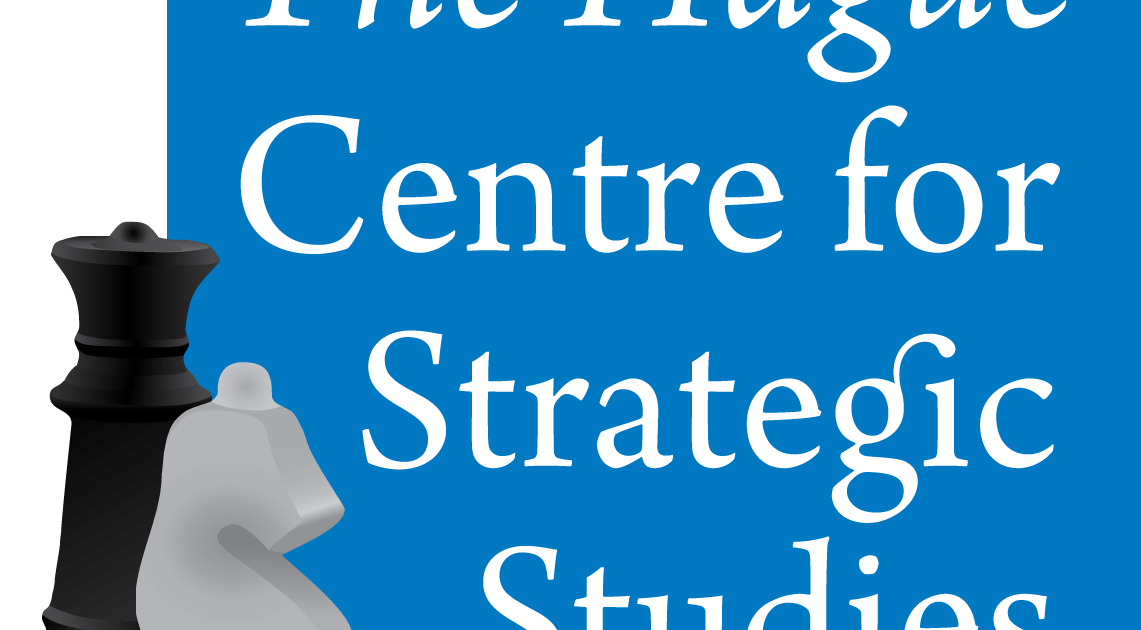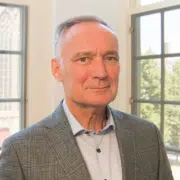The Hague, Netherlands, 19 February 2019 — At the Planetary Security Conference, a meeting of hundreds of security and foreign policy experts and practitioners, the Center for Climate and Security (CCS) and its partners the Netherlands Institute of International Relations (Clingendael)/ the Planetary Security Initiative, the French Institute for International and Strategic Affairs (IRIS), and the Hague Centre for Strategic Studies (HCSS) announced the creation of a new International Military Council on Climate and Security, or IMCCS. The IMCCS will be a “standing” umbrella network of senior military leaders from across the globe that will meet regularly, produce an annual World Climate and Security Report, and drive communications and policy in support of actions on the security implications of a changing climate – at national, regional and international levels. As it expands, the IMCCS will welcome new members and institutional affiliates from across the globe. The Center for Climate and Security, a policy institute of the Council on Strategic Risks with a team and advisory board of senior military and security experts, will serve as the Secretariat of the IMCCS. Quotes from the IMCCS leadership:
“Climate change is a threat multiplier, making existing threats to security worse, and that means militaries are going to be on the front lines of combating climate risks and building resilience. Many of the world’s military leaders recognize that climate change is a core security concern, not only an environmental matter, and a fundamental strategic consideration of our time. This network will bring military voices to the international security and climate discussion in a meaningful way, and advance action commensurate to the threat.” – Honorable Sherri Goodman, Secretary General of the IMCCS, Senior Strategist at the Center for Climate and Security, and former U.S. Deputy Undersecretary of Defense
“Climate change fuels the roots of conflict around the globe and poses a direct threat to populations and installations in coastal areas and small islands. It should therefore be taken very seriously as a major security issue that needs to be addressed. The military can and should be part of the solution when dealing with climate change. The IMCCS can help create synergy in the international military community by exchanging best practices, coordinating efforts and cooperating on new initiatives.” – General Tom Middendorp, Chair of the IMCCS and former Chief of Defence of the Netherlands
“It is fitting that here in the Hague at a planetary security gathering an international military initiative on climate security takes its first step. Less than 20 years ago, renowned Dutch atmospheric scientist and Nobel Laureate Paul Crutzen coined “Anthropocene,” an idea pointing to both the cause and solution of the challenge before us. It is time for a new epoch in strategic thought and defense planning that mobilizes and deploys our tremendous collective wherewithal towards a “Security Smart Anthropocene” – Captain Steve Brock, USN (Ret), Chief of Staff to the Secretary General and Executive Director, IMCCS; Senior Advisor to the Center for Climate and Security and the Council on Strategic Risks
“In Europe, some countries have started integrating climate change into military strategy and operations, but the majority is lagging behind. At the same time, climate-related water, energy and food insecurity are on the rise in Europe’s neighborhood, and this needs to be included in risk analysis, foresight, preparations for missions and during military operations. European climate targets also demand that the military step up its contribution to reducing the carbon footprint, which is a blessing since it contributes to a better geopolitical energy security position, lowers the energy costs of operations and reduces risks associated with securing energy supply lines.” – Louise van Schaik, Senior Member of the IMCCS Executive Committee and Head of the Clingendael International Sustainability Centre
“The gradual integration of climate change into the field of defence and security responds to the urgent and perpetual need to understand the strategic environment accurately. Assess new risks and threats, anticipate the evolution of armed forces missions, adapt our doctrines, capabilities and carbon footprint; IMCCS will make a valuable contribution to these debates.” – Bastien Alex, Senior Member of the IMCCS Executive Committee and Head of the French Institute for International and Strategic Affairs’ Climate, Energy and Security program
“There is a need for better awareness and understanding of the threats and required strategic capabilities for climate security. Interaction between stakeholders should be supported and coordination is required.” – Michel Rademaker, Senior Member of the IMCCS Executive Committee and Deputy Director of the Hague Centre for Strategic Studies
Why: Over the last decade, a growing number of militaries and national security communities have become increasingly concerned about a changing climate – including about the very real risks it poses to global stability, conflict and their own military missions – and have begun to organize themselves within their respective countries. The IMCCS will harness that energy into an international institution devoted to addressing the very real and urgent concerns militaries have about a changing climate.
What’s New: The IMCCS will represent a major scaling-up of the international climate and military community. Building from the successes of climate and security networks such as the Climate and Security Advisory Group, the CNA Military Advisory Board, the Global Military Advisory Council on Climate Change, the Planetary Security Initiative, the CCS Advisory Board and the Climate and Security Working Group-International, the IMCCS will represent the largest, most diverse, and most active international military network on climate change.
How: The core functions of the IMCCS will be three-fold:
- Analysis and Policy Development: The IMCCS will publish annual reports on the global security implications of climate change, including its implications for militaries. This will include an annual World Climate and Security Report.
- Communications: IMCCS members will communicate during and after key global events, including meetings of important regional and international security institutions.
- Coordination: The IMCCS will coordinate and super-charge existing climate and security networks to help maximize the effectiveness and reach of the climate-military community.
When: The IMCCS will hold a formal launch event in 2019 (date to be confirmed).
Press release online: http://climateandsecurity.org/2019/02/14/release-international-military-council-on-climate-and-security-announced-at-the-hague
More info: www.climateandsecurity.org/IMCCS
Available for press inquiries:
- Hon. Sherri Goodman, Secretary General of the IMCCS, Center for Climate and Security (CCS)
- General Tom Middendorp, Chair of the IMCCS, Chief of Defence of the Netherlands (Ret)
- Captain Steve Brock, USN (Ret), Chief of Staff to the Secretary General and Executive Director, IMCCS, Center for Climate and Security (CCS)
- Louise van Schaik, IMCCS Executive Committee, Netherlands Institute of International Relations (Clingendael)
- Bastien Alex, IMCCS Executive Committee, The French Institute for International and Strategic Affairs (IRIS)
- Michel Rademaker, IMCCS Executive Committee, The Hague Centre for Strategic Studies (HCSS)
Contact: Francesco Femia, The Center for Climate and Security, ffemia@climateandsecurity.org








